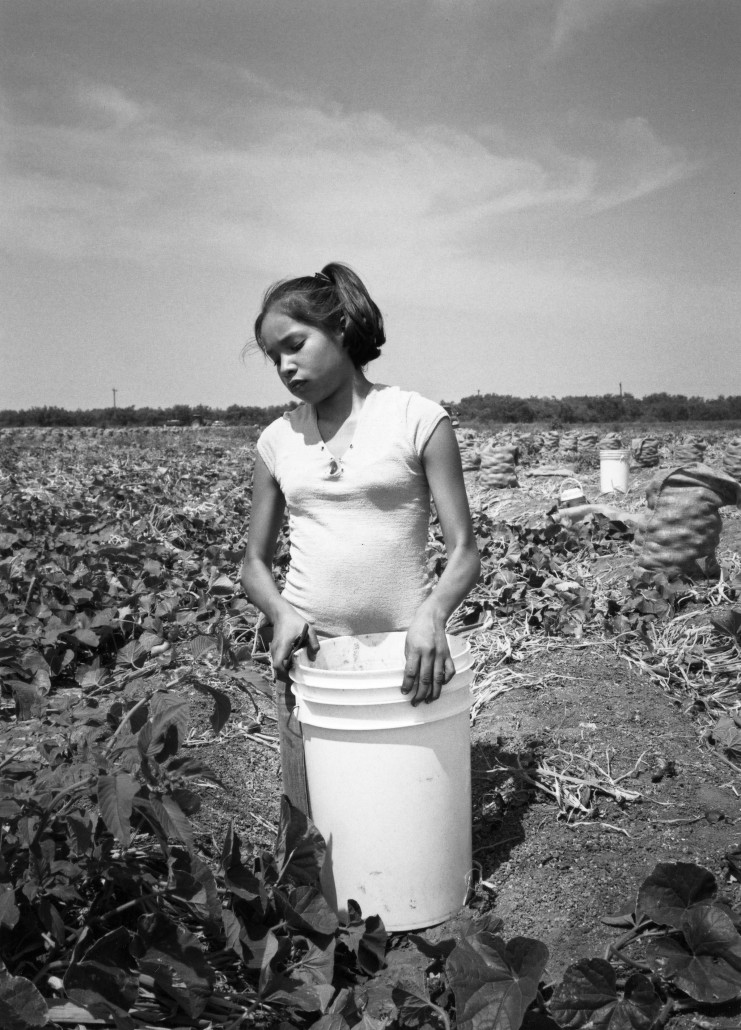Statement by Nobel Peace Laureate Kailash Satyarthi on the passage of India’s Child Labour Amendment Bill of 2016

2014 Nobel Peace Prize Laureate Kailash Satyarthi has long been a collaborator of the Child Labor Coalition
The Child Labour (Prohibition and Regulation) Amendment Bill, 2016 is a missed opportunity.
I was hoping that today the elected leaders of our country will acknowledge that the value of freedom and childhood is greater than the value of a vote; that they would respond to the voices of the most exploited and vulnerable children. I had hoped that the first phase of my struggle of thirty-six years would culminate in the creation of a strong law and I would work with the Government for its effective implementation.
Despite its progressive elements, the lacunae in this Bill are self-defeating.
The definition of family and family enterprises is flawed. This Bill uses Indian family values to justify economic exploitation of children. It is misleading the society by blurring the lines between learning in a family and working in a family enterprise.
The Bill reinforces status quo in society by hindering socio-economic mobility of the marginalised and furthers the rigid norms of social hierarchy.
The United Nations Sustainable Development Goals have fixed targets for elimination of child labour and accomplishment of universal, inclusive education for children, rights which I had fought and advocated for. As the world progresses towards this goal, India threatens to unravel the pace of progress by opening a back door for large number of children to enter workforce.
Children of any age, under the garb of family enterprises, can now legally work in brick kilns, slaughter houses, beedi making, glass furnaces and other hazardous labour. Children have been failed again.
However, I applaud the strong concern raised by several parliamentarians across party lines in the Lok Sabha.
The Hon’ble Labour Minister, who is a dear friend and elder brother assured that my serious reservations would be accommodated. Especially the reduced list of hazardous occupations, the ambiguity regarding the definition of family and family enterprises and the weakening of the conviction through the provision to compound offences. However, the Bill passed by the Parliament today does not address any of these concerns.
But I am a hopeful man. I believe in the children, the young people, the mothers and fathers of this country. I know we stand together to end child labour.
I call upon the conscience of our nation.
Today, justice must rise above the law.





